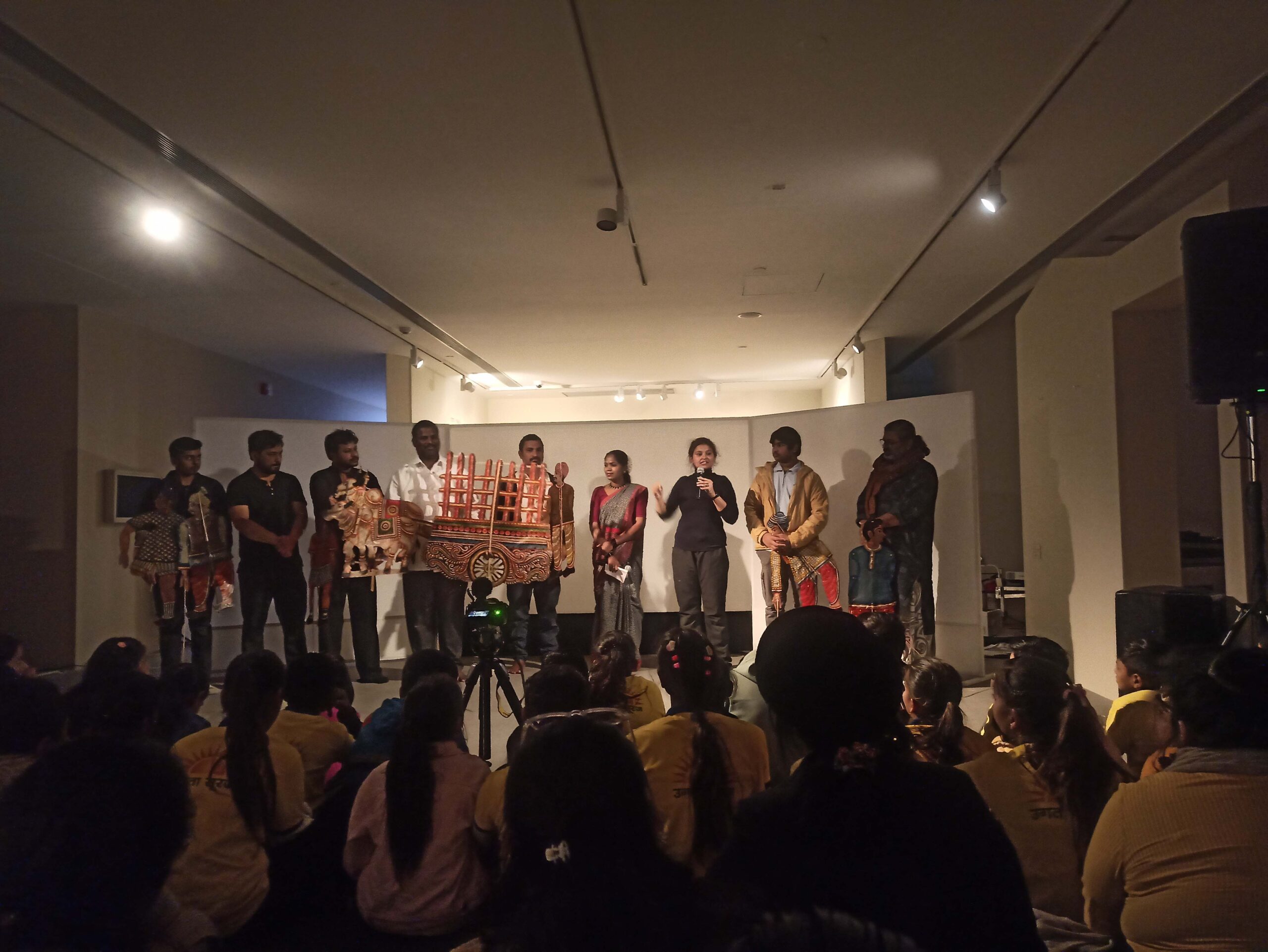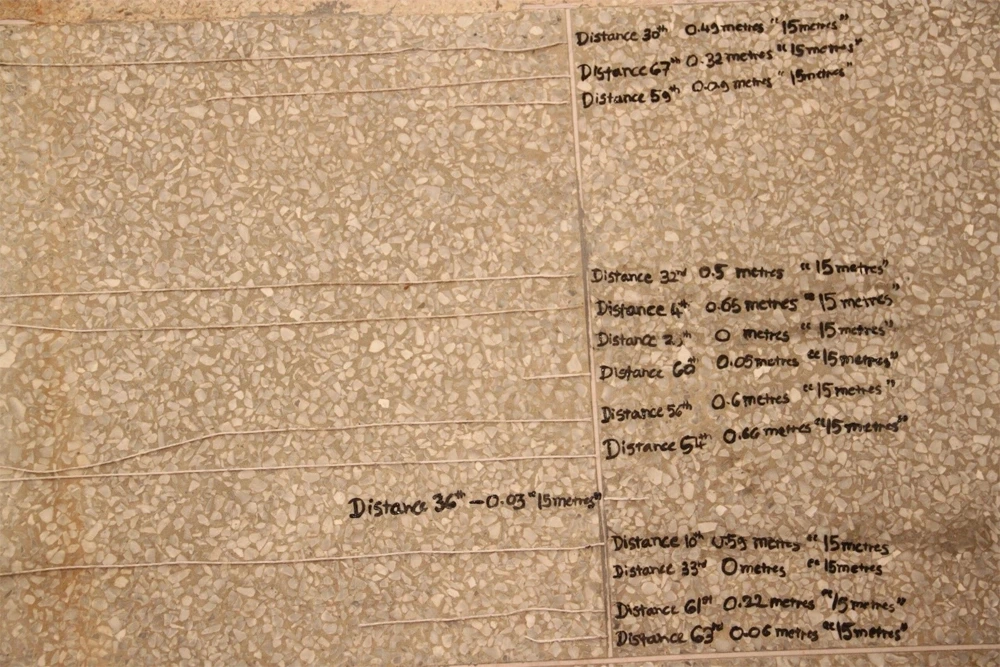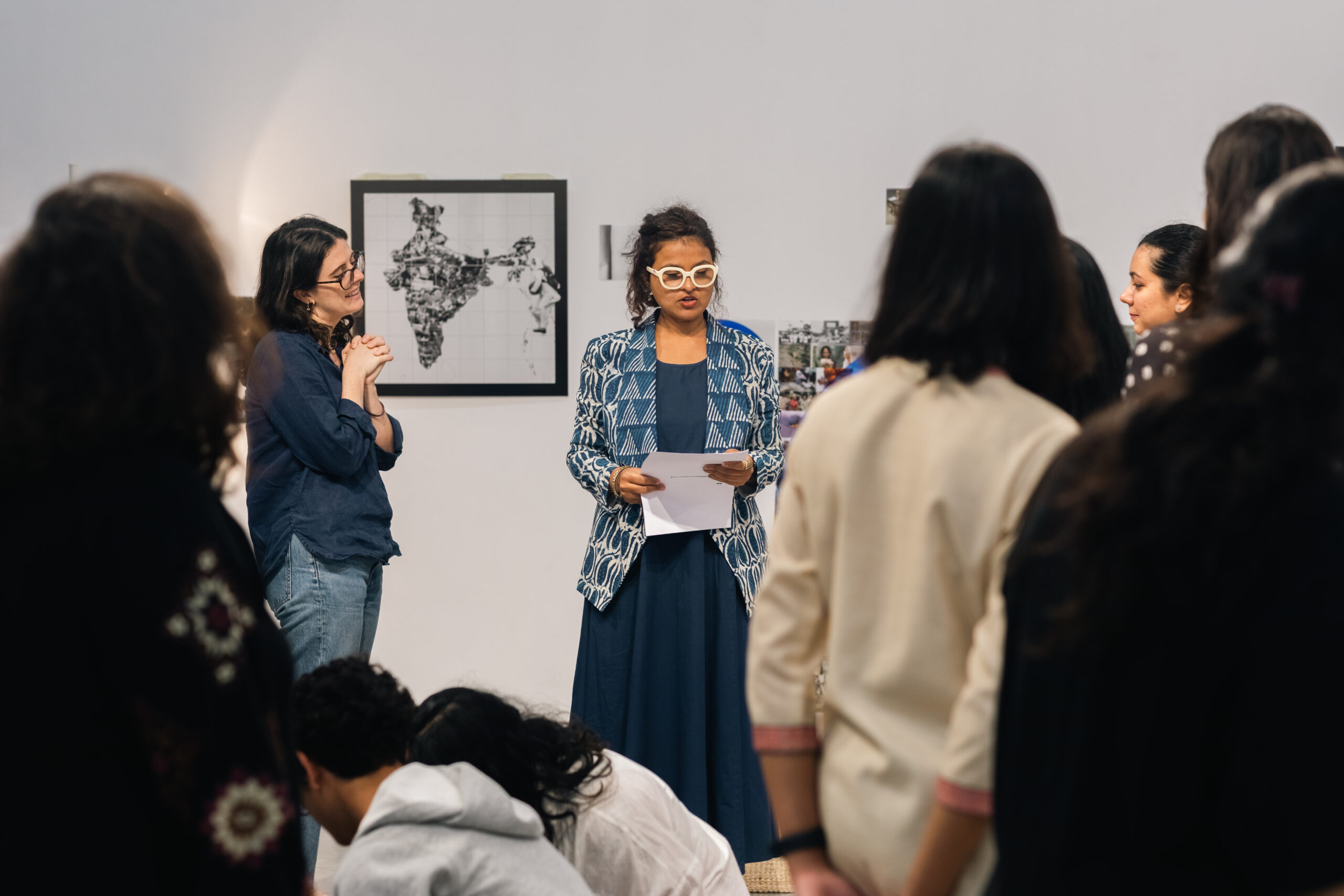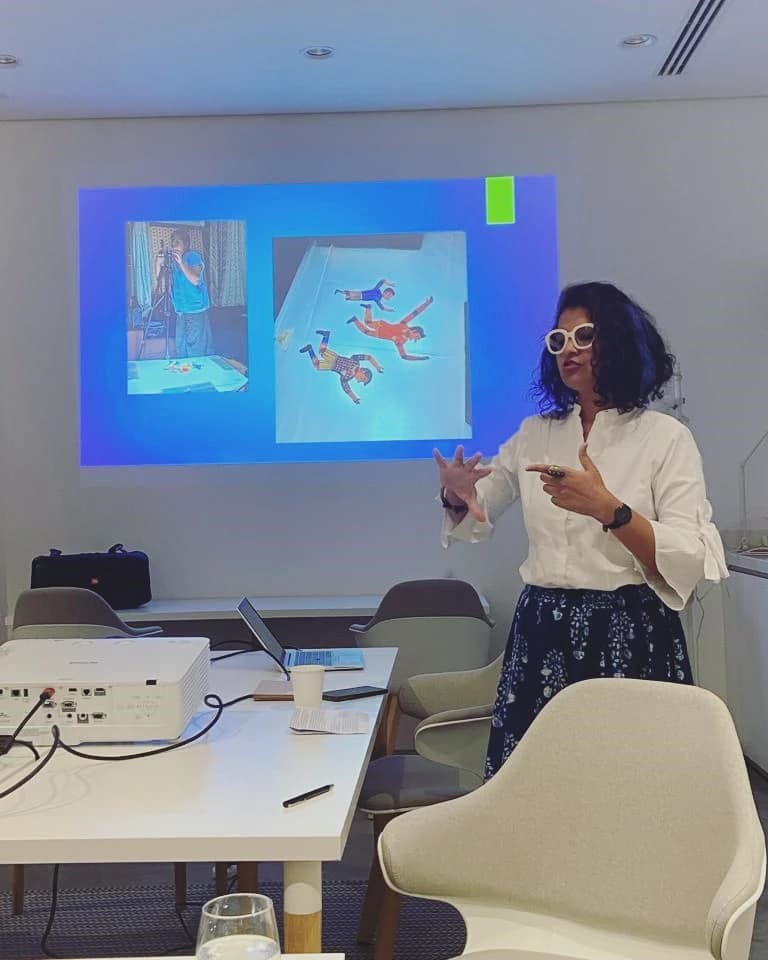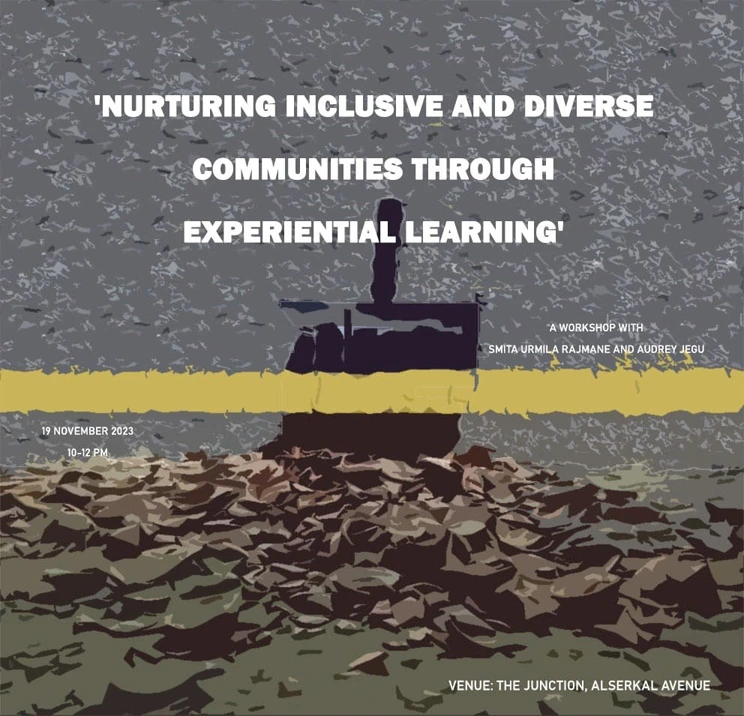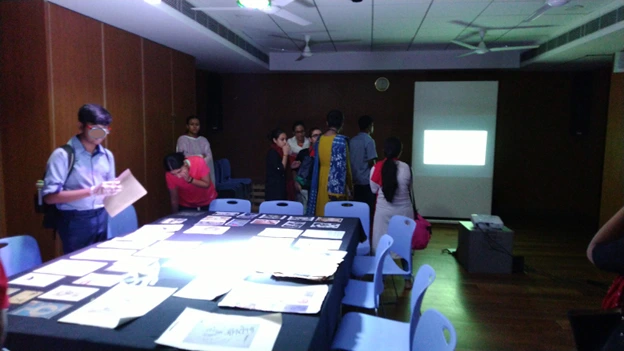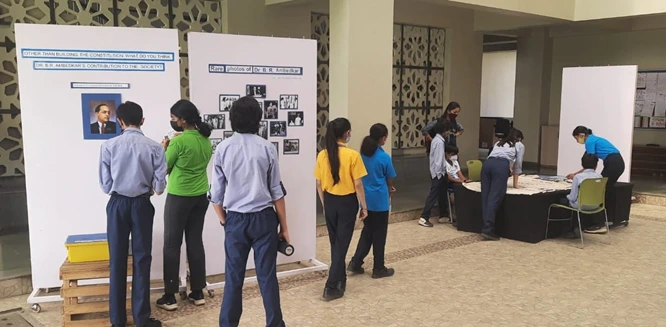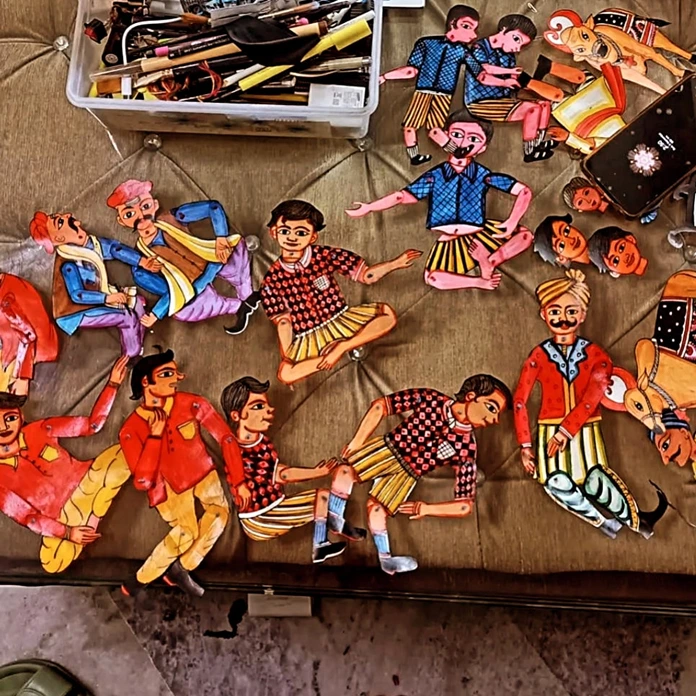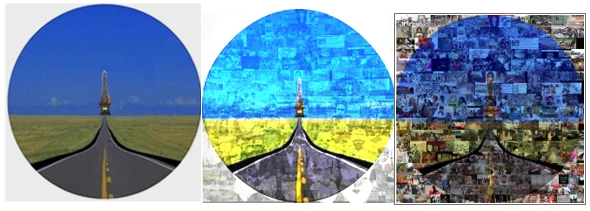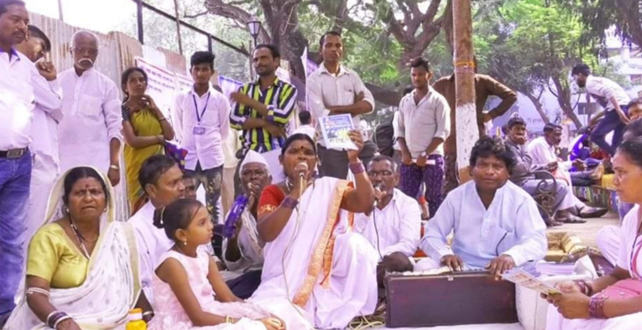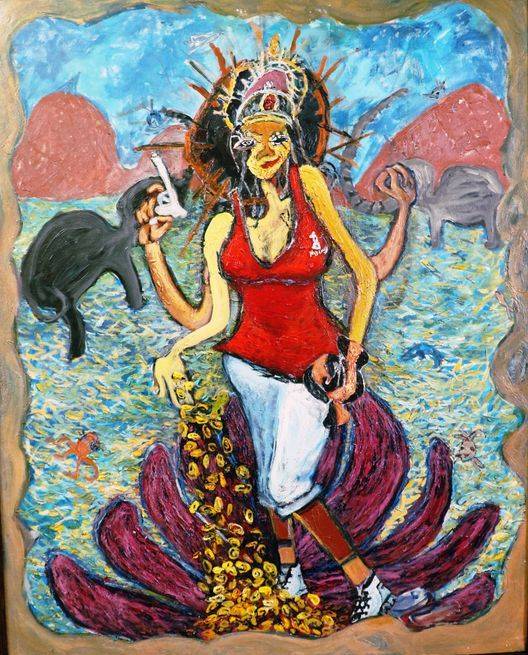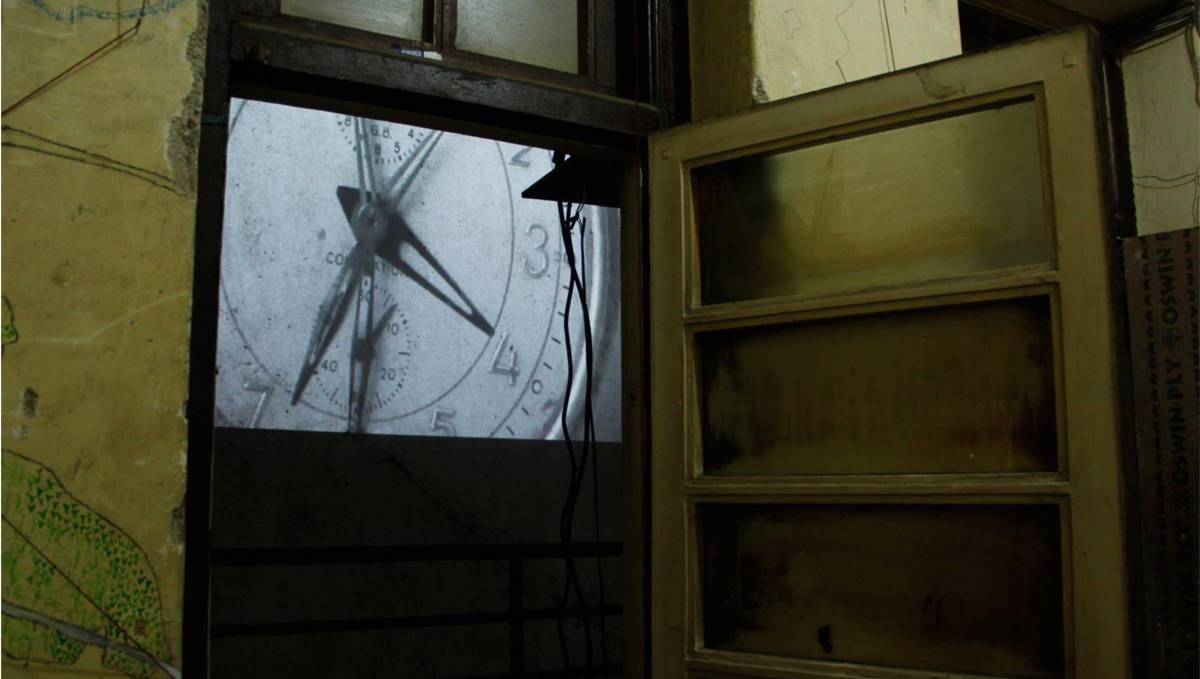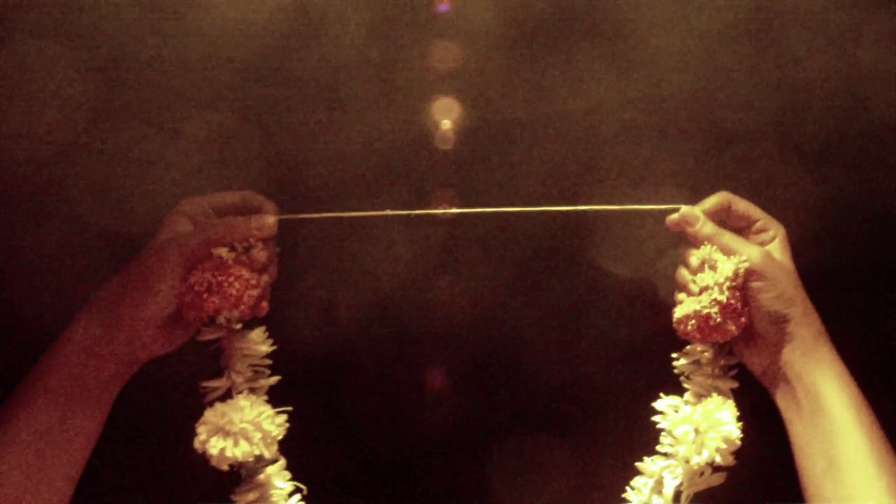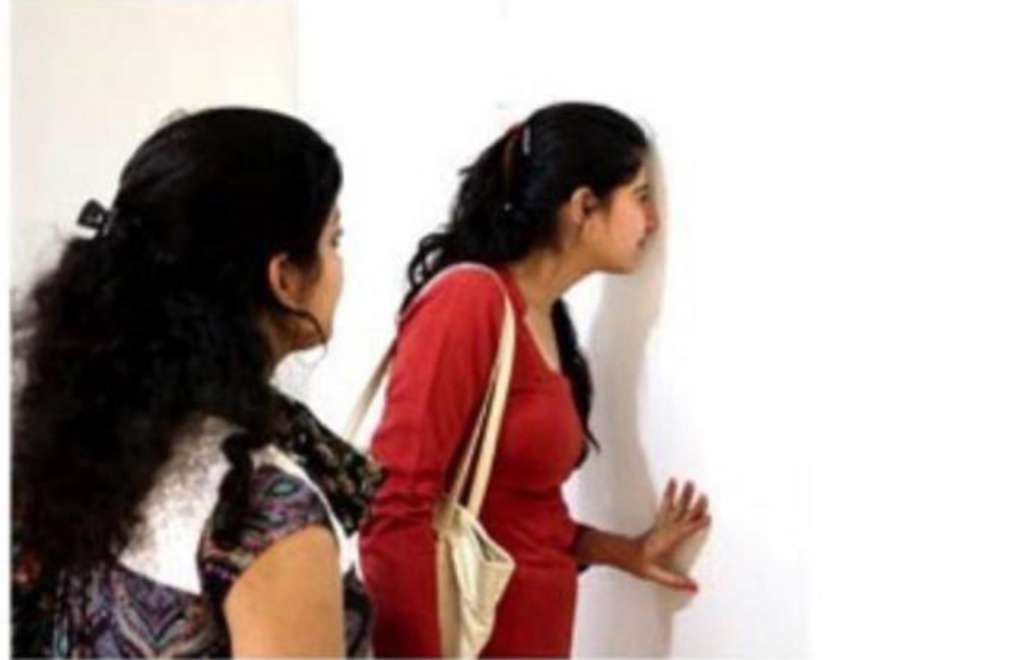Smita Urmila Rajmane
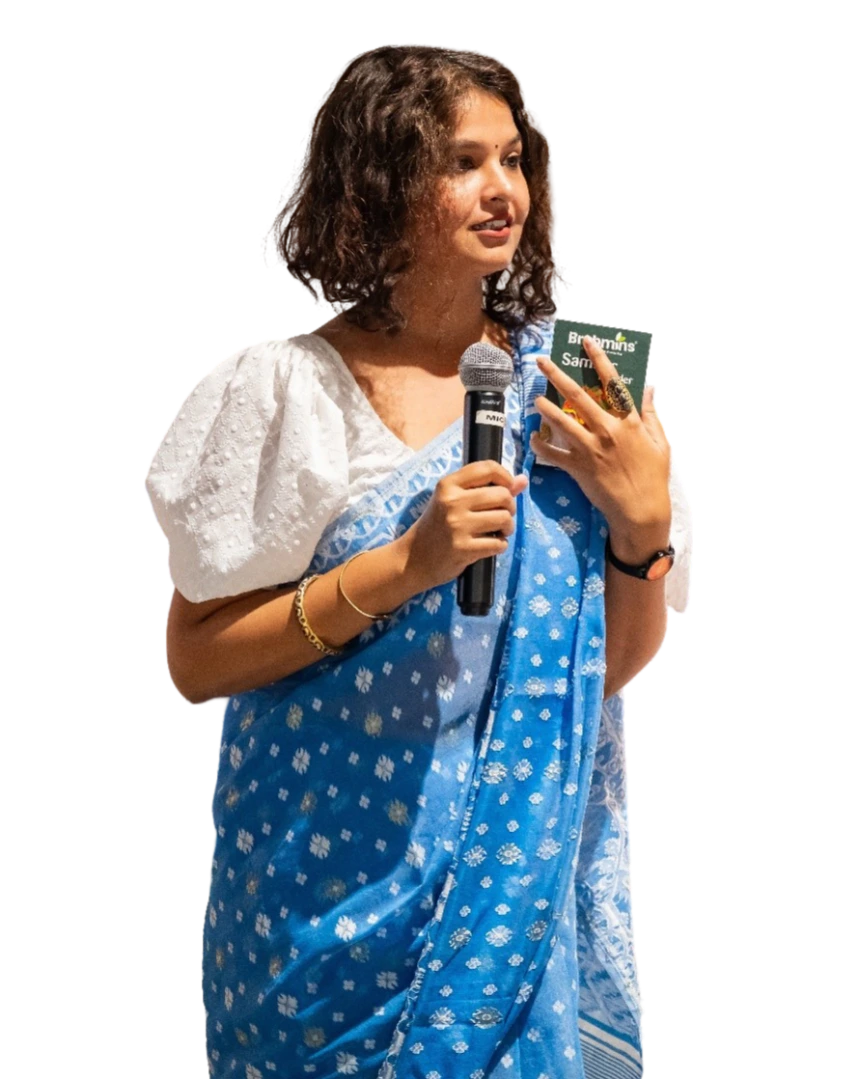
I moved from my village to the city, to attend art school and my work reflects this change. My work so far has explored a number of structural systems through this journey: of the individual and the social, the domestic and the public. I slowly moved away from binaries towards systems of relatedness such as the urban and the rural, sex and gender, caste and class.
In the Indian cultural nexus, being a single woman affects the relations of power in which the individual is placed. These relations vary with respect to gender, class and caste. Given that this is the context that I come from, it is imperative for me to be critical of these hierarchies in my work. In the Indian subcontinent, due to the history of caste subjugation, caste and class are to this day deeply tied together. This creates a factical existence where the marginalised never gain social mobility. This class-caste-gender related determinism, and feeling of helplessness constantly arises in my work.
My work focuses on making the viewers aware of themselves and explore a fragment of their own personality that they generally do not recognise as self.
The major themes of my work deal with societal norms that arise from class/caste and gender discrimination, communal violence, the projections of hate, difference that pervade today’s world. This visual enquiry led me to the questions of enforced conformity, where I find myself framed within a certain socio-cultural, gendered, biased stereotypical slot. This also made me realize- the association of this gender based imaging within national iconographies, which are unofficial, mythical but have still been changing as per the national and impacting the polity. These images propagate, and disseminate certain political agendas. How these images travel in people’s daily life, influence not only their responses but also their thought processes is what interests me.
Violence against Bahujan and other minority communities has been an abominable part of sub-continental life for centuries and the atmosphere of rampant divisiveness and state apathy does nothing to alleviate this. The domination of certain kinds of narratives continue to over-simplify and misinterpret situations like the Bhima-Koregaon violence in Maharashtra in 2018. My work deals with researching, unravelling and highlighting these kind of issues through archival installations and public performances.
Currently, I am working on the public art project ‘The Ambedkar Age Digital Bookmobile’ in collaboration with documentary filmmaker Somnath Waghmare. This project has conceived grant from FICA( Foundation for contemporary art).
– Smita Urmila Rajmane


